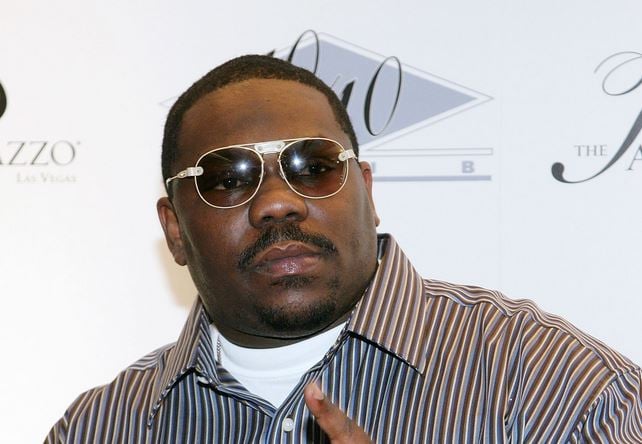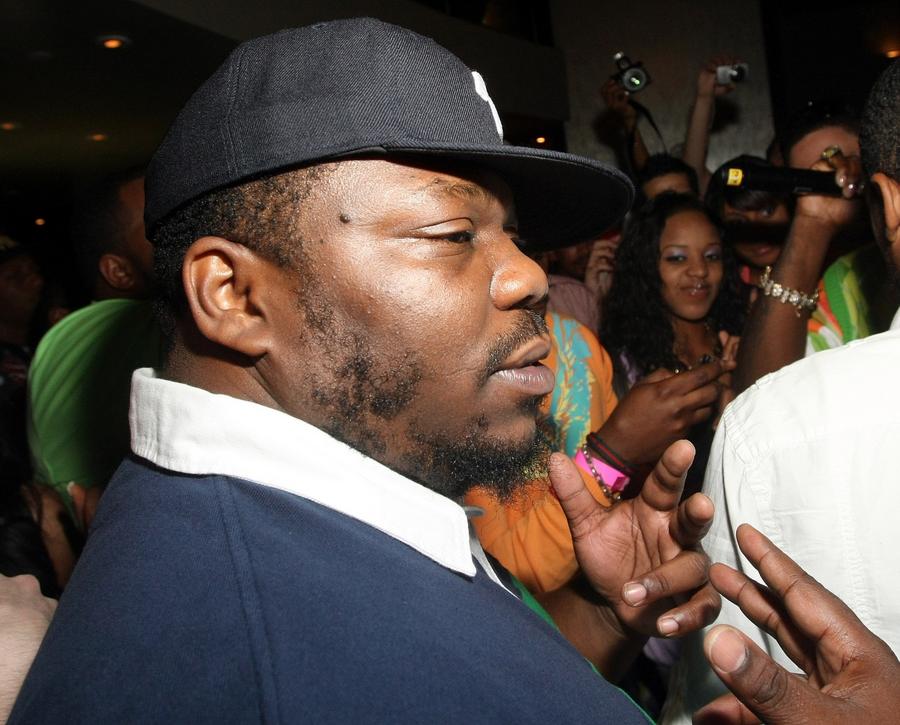Beanie Sigel at a Glance
- Categories: Celebrities, Celebrities > Rappers
- Net Worth: $100 Thousand
- Birthdate: Mar 6, 1974 (50 years old)
- Birthplace: Philadelphia
- Gender: Male
- Profession: Musician, Rapper, Actor
- Nationality: United States of America
What Is Beanie Sigel’s Net Worth? A Look at His Career, Legal Troubles, and Life
Introduction: Beanie Sigel’s Net Worth and Overview
Beanie Sigel, born Dwight Grant, is an American rapper with a net worth estimated at $100,000. Known for his gritty lyrics and streetwise perspective, Sigel rose to prominence as a member of Roc-A-Fella Records. His career, however, has been marked by both commercial success and significant legal issues. This article delves into Beanie Sigel’s net worth, exploring his early life, musical career, onscreen appearances, and the personal struggles that have shaped his journey.
Early Life: The Roots of Dwight Grant
Dwight E. Grant, known to the world as Beanie Sigel, was born on March 6, 1974, in South Philadelphia, Pennsylvania. Growing up in the streets of South Philly, Sigel’s environment heavily influenced his music and persona. His stage name, “Beanie Sigel,” was derived from a street name in his hometown, reflecting his close connection to his roots and the experiences that would shape his future.
Career: From Roc-A-Fella to Independent Artist
Beanie Sigel’s career in the music industry began with his signing to Roc-A-Fella Records, where he became associated with fellow artists such as Jay-Z and Freeway. His debut album, “The Truth,” released in February 2000, was a commercial success, reaching number 5 on the Billboard 200 chart and earning a gold certification from the RIAA. The album produced several charting singles, including “Anything” and “Remember Them Days,” solidifying Sigel’s presence in the hip-hop scene.
In 2002, Sigel and the Roc-A-Fella roster starred in “State Property,” which led to the formation of the State Property collective. The group collaborated on the film’s soundtrack and the album “The Chain Gang Vol. 2,” which featured the Grammy-nominated single “Can’t Stop, Won’t Stop” by the Young Gunz. Sigel’s second studio album, “The Reason,” was released in June 2003, reaching number 5 on the Billboard 200 chart.
Despite his success, Sigel’s career was often disrupted by legal troubles. In 2005, he served a one-year prison sentence, during which he recorded his third album, “The B. Coming.” Released by Dame Dash Music Group in March 2005, the album reached number 3 on the Billboard 200 chart. In 2006, Sigel re-signed with Roc-A-Fella Records and began working on his fourth studio album, “The Solution.” Released in May 2007, “The Solution” debuted at number 37 on the Billboard charts.

Getty
In 2009, after his contracts with Roc-A-Fella Records and Def Jam Records expired, Sigel released his first independent album, “The Broad Street Bully.” He announced plans for a sixth studio album, “The Closure,” but it was later canceled. Sigel then signed with 50 Cent’s G-Unit Philly and released a new mixtape and a studio album titled “This Time.” His career saw him working with artists such as Travis Barker and eventually declaring an end to his career, only to return to music again.
Onscreen Career: Beanie Sigel in Film
Beyond music, Beanie Sigel also ventured into acting. He appeared in the documentary “Backstage” and had a main role in the film “State Property,” which led to a sequel. In 2002, he acted alongside Kevin Hart in “Paper Soldiers.” Sigel also released a DVD titled “The B. Coming of Beanie Sigel” in 2005. He auditioned for the lead role in the Notorious B.I.G. biopic “Notorious” but lost out to Jamal Woolard. Sigel also appeared in the documentary “Rhyme and Punishment,” discussing his experiences with incarceration.

(Photo by Ethan Miller/Getty Images for Undrcrwn)
Personal Life and Legal Problems
Beanie Sigel’s personal life has been plagued by numerous legal troubles. He faced charges ranging from assault and attempted murder to federal weapons charges and tax evasion. These issues led to several incarcerations, significantly impacting his career and personal life. Sigel was also the victim of a drive-by shooting in 2014, where he suffered serious injuries, including the removal of a lung.
Conclusion: Beanie Sigel’s Legacy
Beanie Sigel’s journey in the music industry is a complex narrative of talent, success, and struggle. His contributions to hip-hop, both musically and culturally, are undeniable. Despite his legal issues and personal hardships, Beanie Sigel remains a significant figure in the world of rap, and his story serves as a testament to the challenges and triumphs of a life lived in the public eye.

